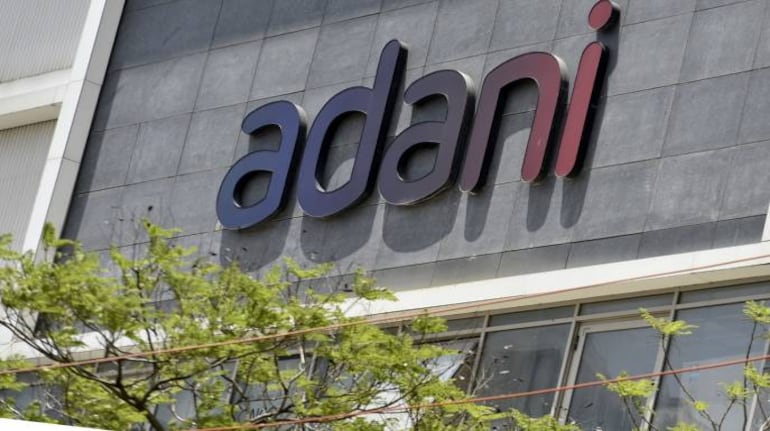



The Reserve Bank of India (RBI) is looking into the details of banks' exposure to Adani group companies and has sought the present status of these loans, people familiar with the matter told Moneycontrol.
The RBI has already reached out to some of the major banks which are the lenders to the group and is engaging with lenders to verify the exposure details, one of the persons quoted above said.
The Adani group companies have seen shares plummeting following a recent research report by a short-seller which followed the cancellation of group's Rs 20000 crore follow on share sale.
An email sent to Adani group seeking a response to this story remained unanswered till the press time. A separate email sent to the RBI too seeking official comment didn't elicit any response.
According to a report by CLSA, bank debt that include term loans, working capital and other facilities form just 38 percent of the total debt. Also, bonds/commercial papers constitute 37 percent, 11 percent is borrowing from financial institutions and the remaining 12-13 percent is inter-group lending, the report said.
Lenders to Adani group include Punjab National Bank which has around Rs 7000 crore exposure to the Adani group, IndusInd Bank among others.
IndusInd Bank, in a clarification to stock exchanges said bank's total loan outstanding towards the Group is at 0.49 per cent of the bank's loan book. Further, t he total non-fund outstanding is at 0.85 per cent of the loan book, the bank said.
Also, the loan outstanding against fixed deposits of the group is at 0.20 per cent of the loan book, the bank said.
"Majority of the fund and non-fund exposures is working capital requirements and same is secured. There is no other exposure outside of the above, inter alia, including towards any offshore entities, loan against shares or pledge of shares of promoter, investment book instruments etc," IndusInd Bank said.
However, IndusInd Bank said it holds shares as additional collateral for some of the exposures to Adani group, over and above the primary security provided.
In an interview to CNBC TV18, Adani Group CFO, on February 2 said the group's gross debt is $30 billion out of which $4 billion is held in cash.
Singh added that out of total debt of $30 billion, $9 billion is from Indian banks.
On 1 February, Reuters reported that market regulator SEBI is examining a recent crash in shares of Adani Group and looking into any possible irregularities in a share sale by its flagship company.
The Securities and Exchange Board of India's (SEBI) examination comes on a day when Adani Group shares plunged, extending losses in seven listed companies to $86 billion in the wake of a US short-seller report, the agency said.
Adding to the group's woes, at least two global lenders have stopped accepting bonds of Adani as collateral for margins loans, reports said. Citigroup Inc.’s wealth arm has stopped accepting securities of Gautam Adani’s group of firms as collateral for margin loans as banks ramp up scrutiny of the Indian tycoon’s finances following allegations of fraud by short seller Hindenburg Research, Bloomberg reported on 2 February.
The US lender’s move to restrict lending comes after a similar change at Credit Suisse Group AG, as Adani’s beleaguered empire becomes further engulfed in crisis, the report said. Earlier, Credit Suisse Group AG had stopped accepting bonds of Gautam Adani’s group of companies as collateral for margin loans to its private banking clients.
The Swiss lender’s private banking arm has assigned a zero lending value for notes sold by Adani Ports and Special Economic Zone, Adani Green Energy and Adani Electricity Mumbai Ltd, Bloomberg reported quoting unnamed people familiar with the matter. It had previously offered a lending value of about 75 per cent for the Adani Ports notes, the agency reported .
Discover the latest Business News, Sensex, and Nifty updates. Obtain Personal Finance insights, tax queries, and expert opinions on Moneycontrol or download the Moneycontrol App to stay updated!
Find the best of Al News in one place, specially curated for you every weekend.
Stay on top of the latest tech trends and biggest startup news.